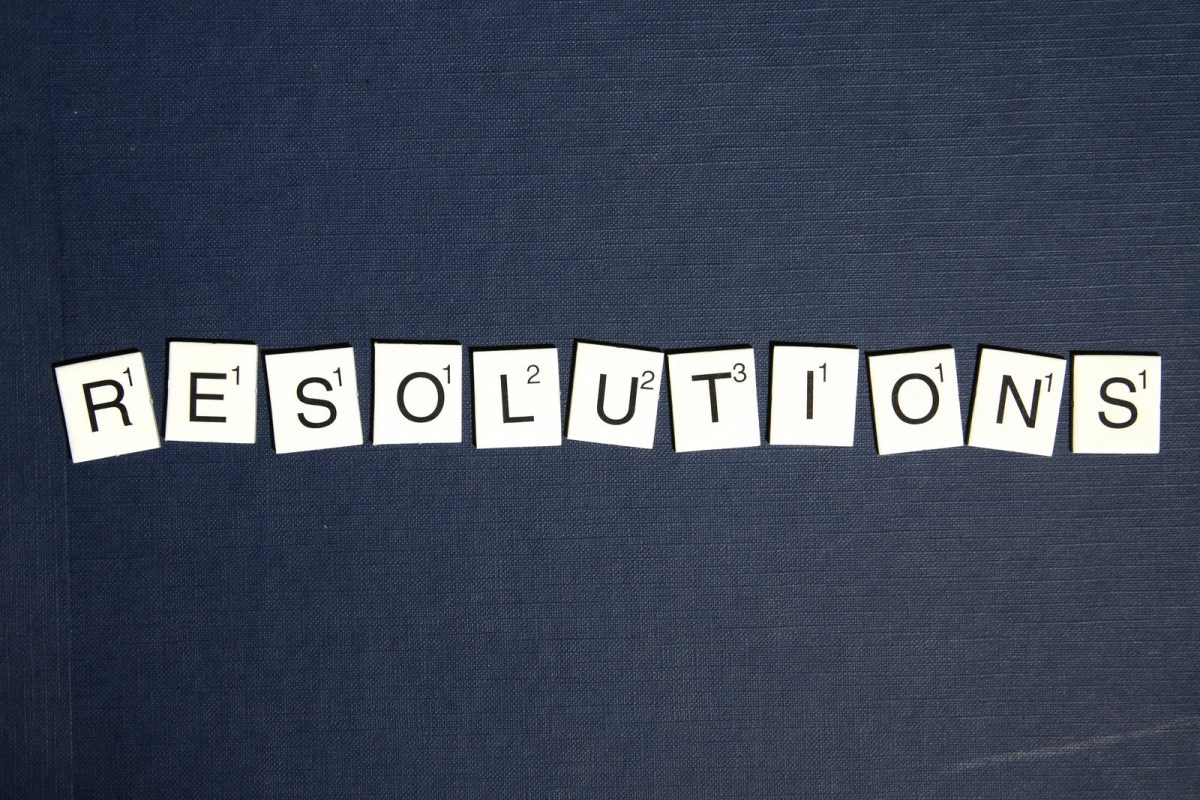When I tell people I’m an Agile coach, most people look skeptical – or at least confused. (I can be quite awkward in athletic endeavors.) The “Agile” adjective, in this case, refers to a philosophy and project management system that helps teams with productivity in the midst of change and uncertainty.
Without going into a big lecture answering the question “What is Agile?” (you’re welcome), I’ll just highlight a few of the concepts which might help you with your New Year’s goals during these very uncertain times.
And let’s face it, we are always facing changes and uncertainty, so you’ll probably find this is a better way to work with New Year’s Resolutions every year!
Break Your Goals into Iterations
One BIG problem with New Year’s resolutions is that a year is way too long to commit to a detailed goal. Too many things might derail your plan. One of the keys to handling uncertainty is to execute in short iterations. You might have fuzzy high-level plans, but your detailed plan should only be for the short-term. Then you can learn and adjust as you go along if and when you run into something unexpected.
Instead of trying to lose 50 pounds in a year, maybe your high-level goal could be to develop better lifestyle habits. Your short-term goal might be to take action designed to lose some weight in the next week. It’s a lot easier to stay motivated if you think in small iterations. Big goals can seem overwhelming, but often taking that first step is just what’s needed to get motivated. Then you can check at the end of the week to see if you lost weight and how much.
Make your specific and detailed plan just for your iteration, in this case, one week. Plan out the healthy meals you’ll make for yourself and what exercise you’ll do. Or, perhaps you’ll keep it simple by simply cutting out desserts. However, plan your details only for one week. Think of it as an experiment.
Reflect, Celebrate, Adapt
One of the most important parts of the Agile frameworks is to consistently reflect, learn, and improve. At the end of our iteration, we would take the time to measure to see if our short-term goal to lose some weight is being accomplished with the actions we’re taking.
Whether or not the goal of losing weight was achieved, what was learned? If you lost more than expected, how did it feel? How was your energy? If you didn’t lose any weight, what will you do differently next week?
Regardless of whether or not you lost weight, celebrate your complete week and what you learned in some way with a creative ceremony or ritual. Maybe share a new healthy recipe or go for a hike. Plan your meals and activities for the next week, taking into account what you learned. Personally, I’m incorporating a Self-Spa Sunday ritual, ending my week with a luxurious bubble-bath while I reflect on the ups and downs of the past week and anticipate my future week.
When the Unexpected Happens
Let’s say you have an unexpected injury and you can’t execute the short-term exercise plan you had in mind. Go back to the original purpose of your goal. You want to develop healthy life-style habits. Are there forms of exercise you can do, in spite of the injury? Can you adjust your meal plan for the next week to take into account the changes? Maybe your plan for the following week is to focus on PT or sleep to improve your overall health rather than trying to lose weight. Be flexible and adjust your short-term plans to take into account any changes, but keep your long-term end goals in mind.
I’ve used healthy habits and weight-loss as an example here, but you can use these techniques for any goal. Split big goals into smaller ones, and have fun while you learn, improve, grow and celebrate along the way.
Want to Celebrate Monthly?
I’ll be hosting monthly “New Month’s Eve” virtual celebrations so that people can share progress on their goals or share a positive thing about the current month and plan for the following month. Join the Carpe Diem Connections Facebook Group to find out more.


